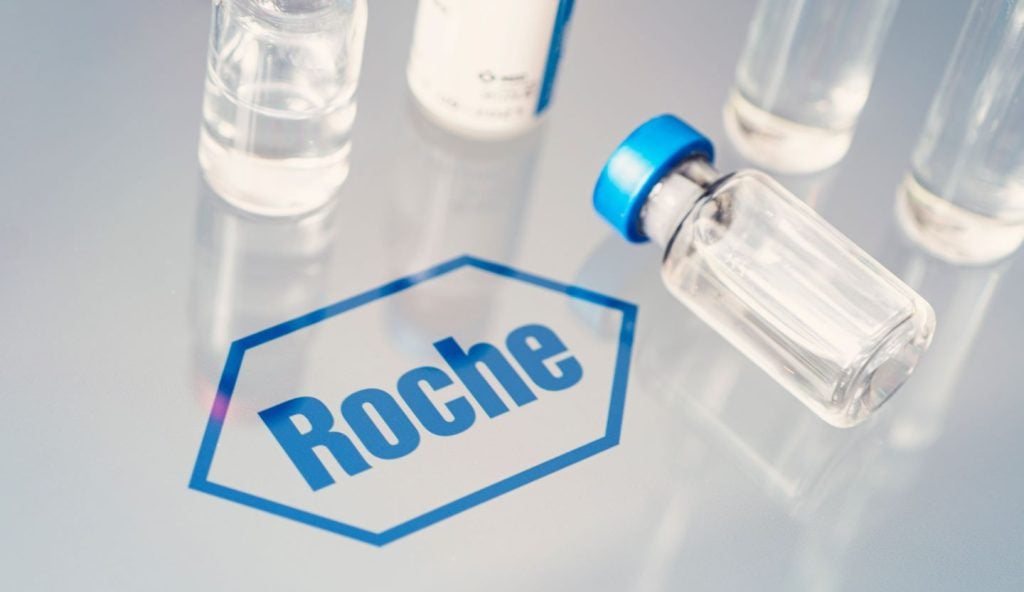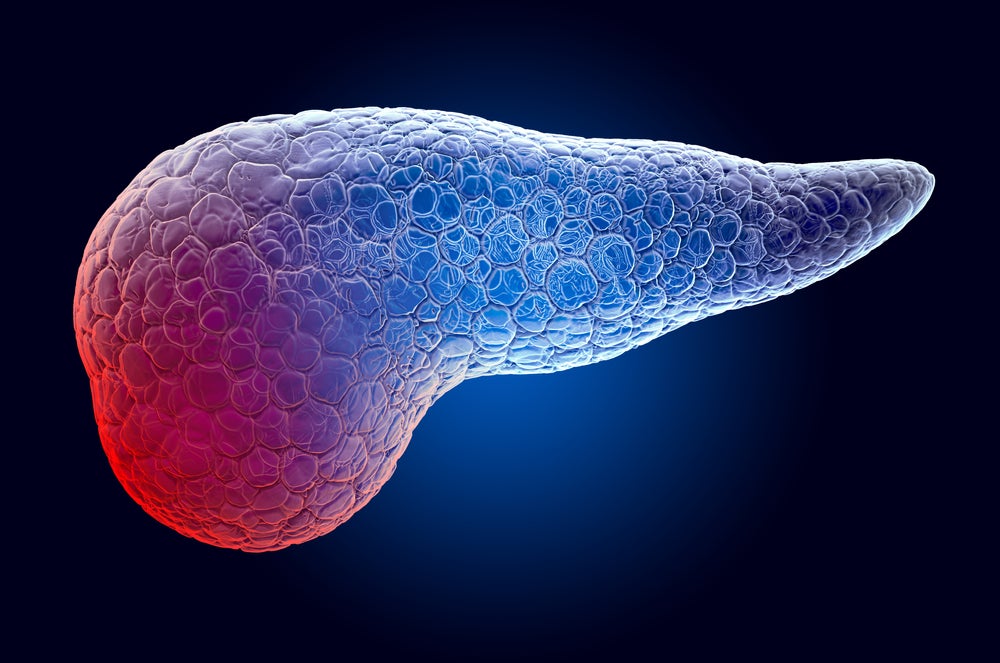Roche has released data from the Phase III STARGLO trial where its therapy Columvi (glofitamab) plus gemcitabine plus oxaliplatin (GemOx) improved overall survival (OS) in relapsed or refractory (R/R) DLBCL patients.
The multicentre, open-label, randomised study compared the safety and efficacy of Columvi plus GemOx against MabThera/Rituxan (rituximab) with GemOx.
The trial participants had received a minimum of one prior line of therapy and were not candidates for autologous stem cell transplant.
OS was the trial’s primary endpoint while secondary endpoints included progression-free survival, complete response rate, objective response rate and duration of objective response.
The trial also analysed the safety and tolerability of the combination regimen.
According to the findings, the trial met its primary endpoint of OS.
Furthermore, subjects treated with the combination of Columvi and GemOx lived longer compared with those receiving MabThera/Rituxan with GemOx.
The safety profile of the Columvi combination regimen was in line with the priorly reported data of the individual medicines.
Columvi has received accelerated approval from the US Food and Drug Administration and conditional marketing authorisation from the European Commission following two or more lines of systemic therapy.
These approvals were based on the positive outcomes from the Phase I/II NP30179 clinical trial, where Columvi was used as a monotherapy.
Designed as a CD20xCD3 T-cell engaging bispecific antibody, Columvi is intended for immediate use, allowing patients to commence treatment shortly after diagnosis.
Roche Global Product Development head and chief medical officer Levi Garraway said: “People with this aggressive lymphoma facing relapse or progression after initial treatment have limited options – particularly those who are ineligible for stem cell transplant.
“Building on Columvi’s established benefits, these data demonstrate the potential of this combination regimen to improve survival outcomes in earlier lines of treatment.”
In February this year, the company reported data from Stage I of the Phase III OUtMATCH clinical trial of the immunoglobulin E (IgE)-targeting antibody Xolair (omalizumab) in people with multiple food allergies.















